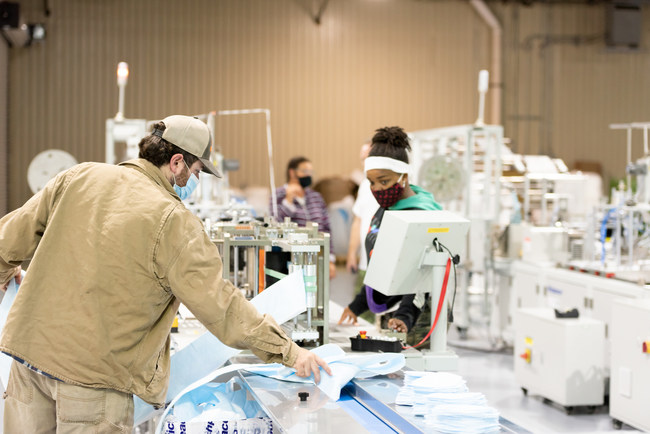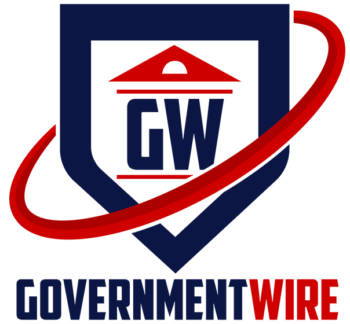VIDALIA, La., Oct. 1, 2020 /PRNewswire/ — BACKGROUND: On Sept. 23, Dan Feibus, president and CEO of Vidalia Mills, testified in front of the Chairman and members of the U.S. International Trade Commission in response to a joint request from the House Committee on Ways and Means and the Senate Committee on Finance, under section 332(g) of the Tariff Act of 1930 (19 U.S.C. § 1332(g)), the U.S. International Trade Commission (Investigation No. 332-580, COVID-19 Related Goods: The U.S. Industry, Market, Trade, and Supply Chain Challenges), for the purpose of providing a report that provides detailed information on COVID-related industry sectors and particular products identified in Commission inv. No. 332-576, COVID-19 Related Goods, U.S. Imports and Tariffs.

Dan Feibus, president and CEO of Vidalia Mills, testified before the U.S. International Trade Commission on Vidalia Mills’ recognition of the desperate need for textile-based medical personal protective equipment (PPE) at the onset of the COVID-19 pandemic.
Located in an economically distressed region of eastern Louisiana, Vidalia Mills began operating November 2019. At the onset of COVID-19, Vidalia Mills quickly repurposed production lines and retrained workers to provide emergency PPE supplies to front-line health care workers, including materials for medical masks and isolation gowns fully manufactured in the United States. Beyond helping to alleviate shortages amid the pandemic, Vidalia remains committed to long-term U.S. PPE production. In fact, the company is expanding equipment purchases that will make Vidalia the only U.S. manufacturer of three different types of medical masks, including N-95 respirators.
Vidalia installed two automated N-95 mask machines this July. These machines will manufacture foldable, or “duck-billed” masks typically used throughout Europe. In August, two additional N-95 cup-style mask machines were received and installed.
“Vidalia undertook significant financial risk to begin supplying PPE materials without any government contracts in place or commitment from government to aid manufacturers who responded to the call to alleviate the catastrophic shortages our frontline medical providers were experiencing,” Feibus told the Commission. “We felt that we had the capability to help amid this tragic emergency and were simply convinced that it was the right thing to do.”
Feibus went on to tell the Commission that a second challenge is tied to the fact that there are currently no buy-American preferences for federal purchases of PPE, which has led to confusion and frustration on the part of companies bidding on federal contracts.
“We believe it is essential to establish federal buy-American mandates for PPE similar to those utilized by the U.S. military in the procurement of textile and apparel goods. The Department of Defense employs a decades old buy-American statute known as the Berry Amendment that, in most cases, requires textile products utilized by U.S. warfighters to be made from 100% U.S. content,” Feibus said. “A Berry type rule should be adopted for the Strategic National Stockpile and all other federal purchases of medical PPE.”
He added that another challenge impeding the onshoring of this sector is the lengthy and often confusing process of gaining NIOSH and FDA certifications.
Finally, Feibus urged the Commission to acknowledge that one of the greatest impediments to onshoring this industry is the issue of price.
“China and many other Asian suppliers have dramatic and often illegal pricing advantages that have allowed them to dominate global PPE markets,” he said. “Once the pandemic subsides, it easily predictable that hospitals, distributors, and sourcing agents will revert to price-based determinations that drove the PPE industry offshore in the first place.”
Feibus said a buy-American statute would cover federal purchases, the larger component of the market is controlled by the private sector.
“The federal government must develop mechanisms to incentivize hospitals and other private sector entities to buy U.S.-made PPE,” he said.
In conclusion, Feibus said even with significant challenges, many companies like Vidalia Mills are fully committed to bringing a viable PPE industry back onshore.
For a copy of Feibus’ complete remarks, contact Joelle Polisky at 615-516-0358 or
255717@email4pr.com
SOURCE Vidalia Mills

